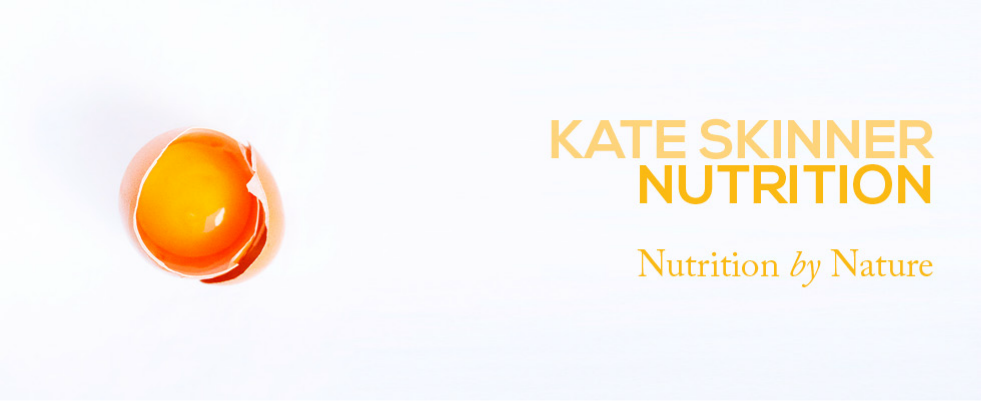Unfortunately, the rubbishy 'vegetable fats', soy lecithin, artificial flavours, colours and emulsifiers vastly out-weigh any redeeming qualities the coconut, gelatin and cocoa solids might offer in the nutrition stakes. Shame.
However! Devotees of the triple 'c' taste sensation that is coconut + cherry + chocolate (like myself) need not go without, as the below recipe provides this same winning combination of flavours in a far, far better-for-you way. Real cherries packed with anthocyanins (anti-inflammatory antioxidants) and thyroid-supporting simple sugars, coconut for it's pro-metabolic, deeply nourishing saturated fats (read more about the benefits of coconut here) and pure, dark chocolate (tip: choose soy-free, vegetable oil-free varieties) rich in stearic acid and essential minerals.
"Real food" Cherry Ripe tart
220g desiccated coconut
2 tbs coconut oil
300g dark chocolate (soy-free, vegetable-oil free)
700g fresh cherries
2 tbs plain sugar
2 tbs water
Mascarpone cream or quality vanilla ice-cream, to serve
Line a 34 x 11cm (base measurement) fluted tart tin with cling wrap. Roughly chop chocolate and place in a heatproof bowl that will rest snugly in a medium-sized saucepan without touching the bottom. Half-fill the saucepan with water (enough so that the water level will come close to the bottom of the bowl resting on the saucepan, but will not touch it) and bring to a simmer. Place the bowl on top, making sure it doesn't touch the water. Stir with a metal spoon until chocolate has melted, then remove the bowl filled with chocolate and set aside.
Add the desiccated coconut and coconut oil to the melted chocolate and stir through to mix. Using the back of a spoon, press mixture into the lined tart tin, making sure it's evenly distributed along the bottom and up the sides slightly. Place tart shell in the refrigerator or freezer for 10-20 minutes, to allow the base to harden.
Meanwhile, halve and stone cherries, and place in a medium-sized saucepan. Add water and sugar and bring to the boil over medium heat. As the mixture reaches a boil, turn down the heat to low and allow to simmer for 10 minutes, or until cherries have softened and the syrup has thickened slightly. Remove the mixture from the heat and allow to cool.
Take the tart shell from the fridge or freezer and remove it from the tin (it should pull out easily using the cling film overlap lining the tin). Fill the chocolate coconut shell with stewed cherries and syrup. To serve, drizzle with extra cherry syrup and top with a dollop of cream or ice-cream.
Kate is a certified Clinical Nutritionist and offers one-on-one coaching for clients in Sydney Australia, and internationally via Skype or email. Visit the nutrition services page to find out more about private coaching, and be sure to subscribe via email and follow the Nutrition by Nature Facebook page for blog updates, articles, nutrition tips, recipes and special offers.

